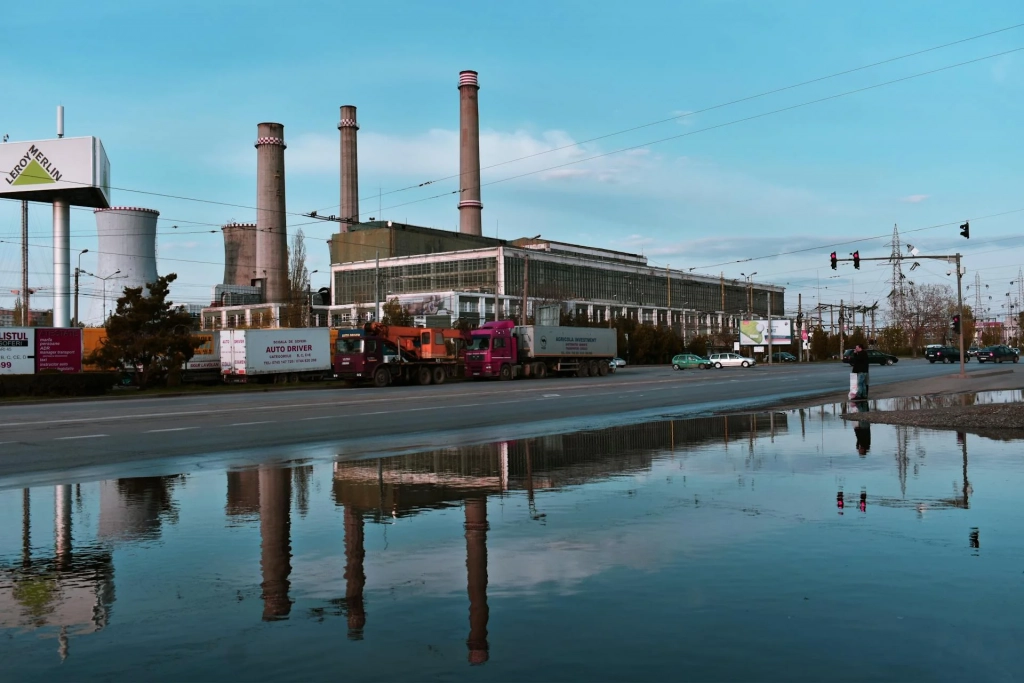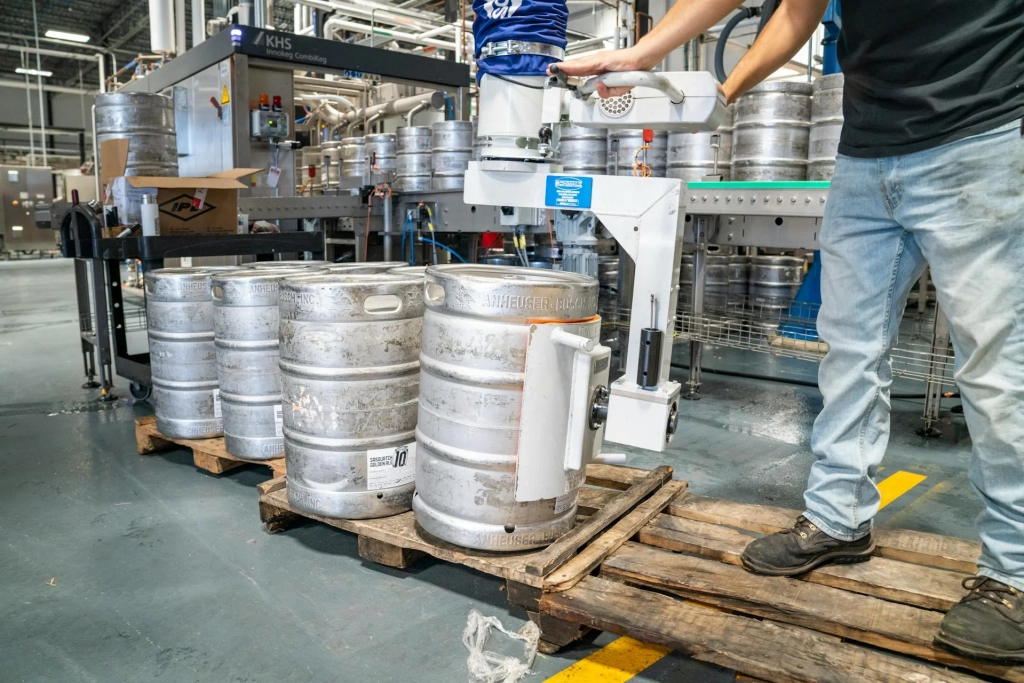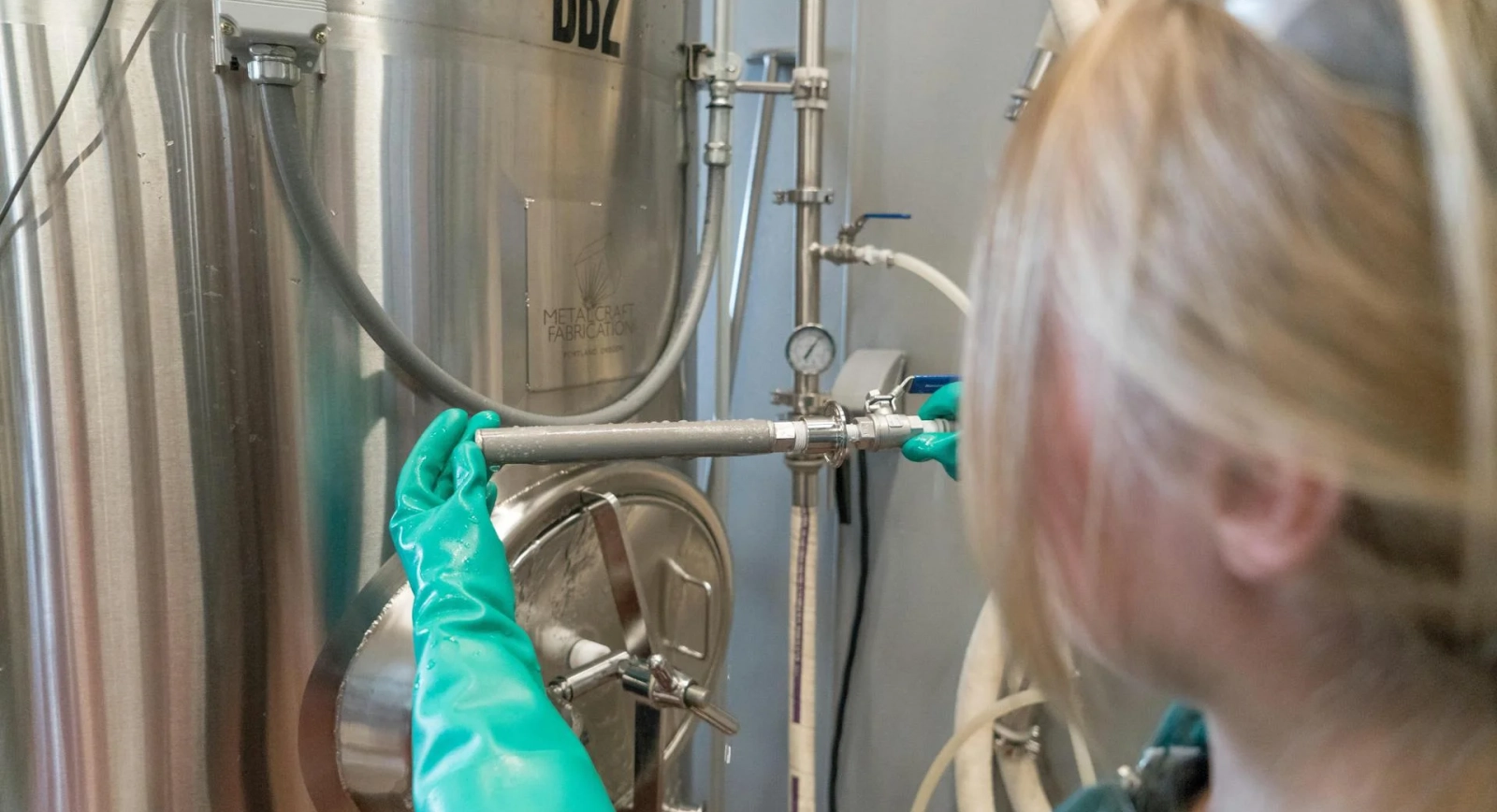Working as a production worker in Germany offers international job seekers a high degree of economic stability and excellent benefits within one of Europe’s most powerful economies. The German manufacturing industry relies heavily on these roles, from assembly line workers in the automotive sector to machine operators in food production and the chemical industry.
In this comprehensive guide, we’ll aim to give a better understanding of the average production worker salary in Germany, detailing how much do production workers make a year based on experience, education, location, and the specific role. Ultimately, this analysis will answer the fundamental question: How much are production workers paid in Germany?
Understanding the Production Worker Wage and Income Structure
Let’s begin with the foundational data on how much does a production worker earn in Germany. Based on 2026 data, the average production worker salary in Germany is approximately 18,260 EUR per year, and this can range widely from 5,960 EUR to 26,080 EUR annually.
What this means is, the core figures for the production worker average salary in Germany look something like this:
| Salary Type | Amount (EUR) |
| Average Annual Salary (Gross) | 18,260 EUR |
| Average Monthly Salary (Gross) | 1,521 EUR |
| Lowest Annual Salary | 5,960 EUR |
| Highest Annual Salary | 26,080 EUR |
Now, we should also mention that other sources cite considerably higher figures, with the average being €37,727 (EUR), translating into a €18/hr average wage. Keep in mind that averages can fluctuate greatly based on a variety of factors, such as the type of contract taken into consideration, whether the worker is a full-time or part-time employee, whether planner, and managerial roles are included, and so on.
Still, if we go with the lowest (and probably most inclusive data), the median salary is 18,780 EUR, meaning 50% of production workers earn more and 50% earn less than this figure.

Source: Pexels
This means that the production worker salary in Germany per hour is roughly 9.5 EUR. This average hourly wage is based on the average annual salary and a standard 40-hour work week. However, the final rate can be heavily influenced by mandatory minimum wage (Mindestlohn) laws and collective bargaining agreements (Tarifvertrag) specific to the industry.
Lastly, it is also crucial to differentiate between gross vs net income. The figures above are gross salaries; your final take-home pay depends on your tax class and mandatory social security contributions.
What Affects the Germany Production Worker Salary?
The German production worker salary isn’t static. The individual worker pay scale is defined by three primary variables: experience, education, and specific job title.
Salary by Experience Level
Having more years of experience is probably among the most important factors in salary progression. As such, skill workers will earn considerably more than beginner workers with entry-level salary rates.
Take a look at the table to put things into perspective:
| Years of Experience | Average Annual Salary (EUR) | Growth Rate |
| 0–2 Years (Entry-Level) | 7,240 EUR | — |
| 2–5 Years | 12,520 EUR | +33% |
| 5–10 Years Experience | 16,340 EUR | +48% |
| 10–15 Years | 19,060 EUR | +22% |
| 15–20 Years | 21,980 EUR | +9% |
| 20+ Years Experience | 23,080 EUR | +5% |
Salary by Education and Qualifications
While many factory jobs fall under unskilled labor, gaining a formal qualification through a vocational training (Ausbildung) program substantially increases your earning power. Required certifications also play a role, such as a forklift license for logistics and warehouse roles.
| Education Level | Average Annual Salary (EUR) | Growth Rate |
| High School | 9,980 EUR | — |
| Certificate or Diploma | 18,940 EUR | +90% |
Production Worker Salaries by City and Sector
Apart from work experience, education, and other qualifications, the sector you are working in, together with your geographical location can also make a considerable difference regarding the amount of money you take home.
Geographical Differences: Production Worker Salaries by City in Germany
Regional wage variations are common in Germany, with salaries tending to be higher in the prosperous western and southern industrial regions where the cost of living index is higher.
| Major German City | Average Annual Salary (EUR) |
| Munich (München) | 17,860 EUR |
| Dortmund | 17,260 EUR |
| Hamburg | 16,980 EUR |
| Cologne (Köln) | 16,720 EUR |
| Frankfurt | 16,400 EUR |
| Berlin | 15,920 EUR |
| Stuttgart | 15,300 EUR |
| Dresden | 12,620 EUR |
These figures illustrate the continuing wage discrepancy, particularly between East Germany vs West Germany, though high housing costs in cities like Munich often negate the higher average production worker salary in Germany in terms of net savings.

Source: Pexels
However, don’t think that this is something specific to Germany. For instance, Dutch production workers also earn slightly different average salaries as well, based on where they work.
Production Worker Salary by Job Title (Industry & Sector)
The specific role you take within the manufacturing industry has a major impact on how much (You), a production worker makes. Technical or supervisory roles command significantly higher pay scales than general assembly line worker positions.
| Job Title (Category: Factory and Manufacturing) | Average Annual Salary (EUR) |
| Production Director | 78,400 EUR |
| Industrial Production Manager | 72,740 EUR |
| Quality Control Manager | 56,880 EUR |
| Production Engineer | 40,600 EUR |
| Production Supervisor | 36,720 EUR |
| CNC Programmer | 30,700 EUR |
| Manufacturing Production Technician | 16,880 EUR |
| Machine Operator | 13,060 EUR |
| Warehouse Worker | 13,900 EUR |
Employment Conditions and Compensation Details
Lastly, the type of compensation you get and employment conditions (like working in the private or the public sector) also makes a difference in your annual salary.
Public vs. Private Sector Salaries
A notable difference in the German labor market is the compensation gap between sectors. Employees in the public (government) sector generally benefit from stronger collective bargaining agreements and often receive higher pay for the same role.
However, this doesn’t have to be the rule. For instance, these figures are for general roles in the manufacturing/maintenance category, not exclusively low-level production.
| Sector | Average Annual Salary (EUR) | Salary Difference |
| Public Sector | 48,200 EUR | 8% More |
| Private Sector | 44,540 EUR | — |
Often, you will be able to find a job in the private sector that offers benefits and perks which make it a much more profitable job than its private-sector equivalent.
Pay Raises and Bonuses
Regarding “extras,” such as raises and bonuses, here’s what you can expect:
- Average Pay Raise: A Production Worker can expect an average annual pay raise of around 8% every 16 months.
- Bonuses: Production roles are generally considered low bonus based job categories. Only 35% of employees report receiving a bonus in the last 12 months, with typical rates ranging from 0% to 4% of the yearly salary.
Gender Pay Comparison
In Germany, the data for this specific role suggests that a female production worker earns an average of 16,880 EUR, which is approximately 3% more than a male production worker (16,340 EUR) for the same job.
And even though EU officials have been trying to tackle this problem for years, the gap still exists, with a few countries still hesitating to take action.
Disclaimer on Salary ExpectationsAt Robin.jobs, we aim to give you the clearest possible picture of what to expect when working abroad. While the average salaries in Germany discussed in this article reflect national data from official sources, the wages listed in our vacancies may vary. However, it’s important to consider the full picture: our job offers typically come with low -cost accommodation. While accommodation isn’t free, it is typically below market rates and arranged by our partner agencies abroad. This ensures candidates have a secure place to stay as they begin settling into a new country and job. These benefits significantly reduce your monthly expenses and often allow you to save more than you could with a higher salary in a big city with high living costs. We focus on legal, reliable, and fair work opportunities, helping you start earning from day one, without the financial burden of high rent, long commutes, or upfront costs. |
Why Robin?
At Robin Jobs, we focus on maximizing your net savings. Our partner agencies often provide job offers that include:
- Low-cost, pre-arranged accommodation (significantly below market rates).
- Organized transport to work.
- Full support with paperwork and legal employment under local German labor law.
These employee benefits significantly reduce your monthly overhead, often allowing you to save more than you would with a higher salary in a high cost of living German city. We ensure you have a clear picture of the full compensation package, including overtime regulations, before you start.

Source: Pexels
Starting New In Germany
The production worker salary in Germany is competitive, backed by robust German labor law, health insurance, and a solid pension scheme. The earnings directly correlate with experience, required certifications, and the specific industry (automotive sector, chemical industry, etc.).
Ready to explore secure, high-value factory jobs in Germany? Create your free profile and start searching today.

 English
English  Lietuvių
Lietuvių  Latviešu
Latviešu  Polski
Polski  Português
Português  Română
Română  Slovenčina
Slovenčina  Magyar
Magyar  Русский
Русский  Espanol
Espanol  България
България  Čeština
Čeština  Italy
Italy  Croatia
Croatia  Greek
Greek 

